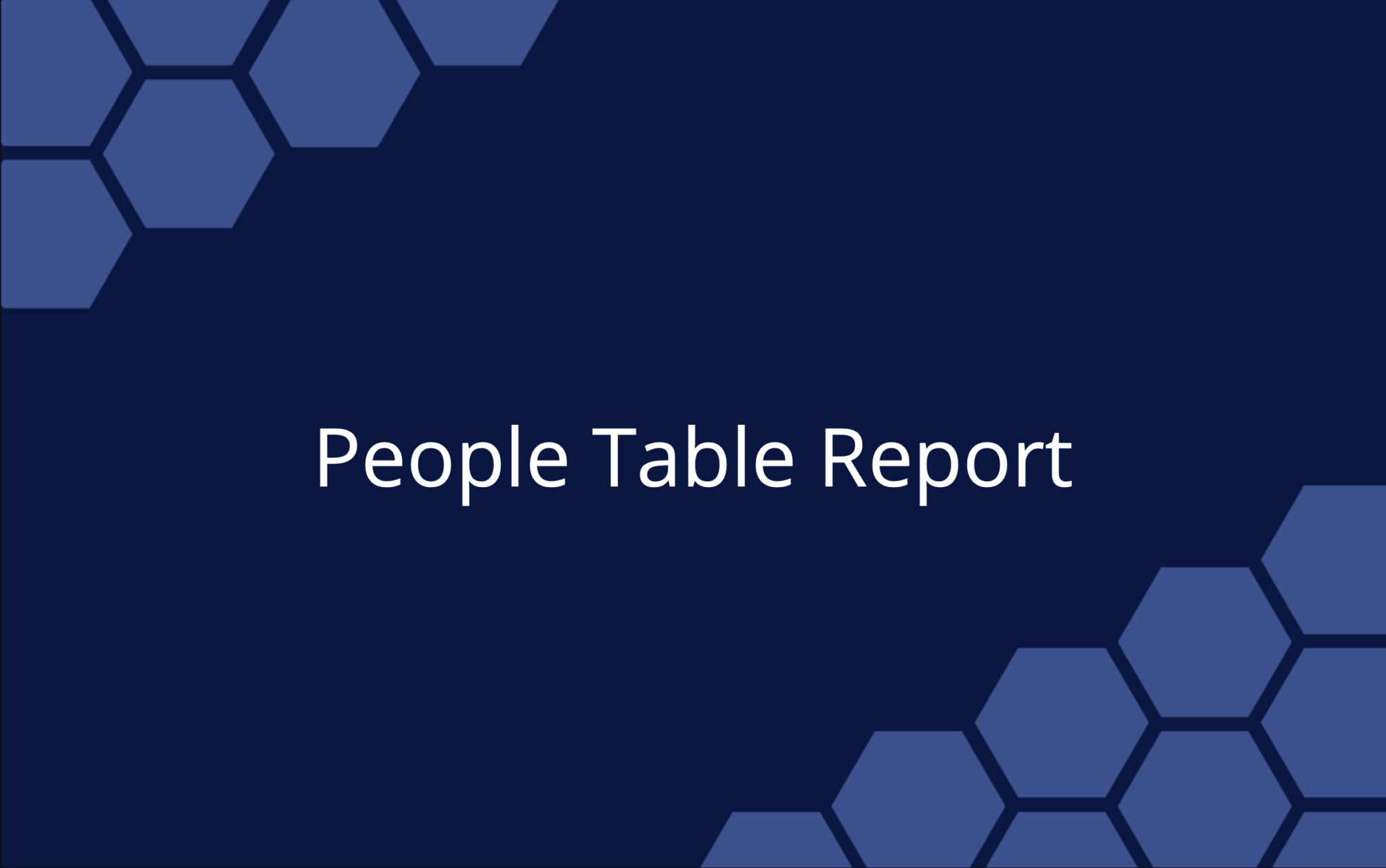You may think that artificial intelligence (AI) is a technology that isn’t very relevant to your current work life. Perhaps you believe that this technology will be more relevant in another decade. But the age of utilizing artificial intelligence in your everyday work life is here. Artificial intelligence can help project managers do their jobs more easily and efficiently. So that they can focus on the most important and strategic tasks for the business. Specifically, let’s talk about how AI can help increase your productivity through prioritization.
When did we start having multiple priorities?
Let’s start with a brief history of the origins of the word priority. Priority is a fascinating word whose original meaning is the one ‘prior’ to everything else. Singular.
Think about that for a moment or two. Singular. The one thing above all other things.
The word priority came into the English language in the 1400s, and it was singular in meaning, and it stayed singular for the next five hundred years. It was only in the 1900s did the term pluralize, and we all started talking about priorities.
Did life get so complicated and demanding that we rarely ever have just one critical thing to focus on anymore?
Here we are in the 21st century, and the demands on everyone are for higher productivity and managing multiple priorities well (or should I say ‘trying’ to manage multiple priorities).
We clearly need some help here, and I strongly believe AI can offer that help.

Why is it a problem to have multiple priorities?
When everything is #1, nothing is #1. That means that projects are likely to be delivered late and over budget because the priority isn’t clear and time becomes randomized trying to juggle too much. LiquidPlanner identifies the top six issues people face in handling this world of multiple priorities:
- People are not working on priority projects, and efficiencies are lacking
- We have multiple projects in flight with shared or competing resources
- We don’t know how to allocate resources for unplanned requests or unforeseen challenges
- My project is going sideways because schedules are unrealistic, and people aren’t aligned
- We can’t decide between competing business opportunities. In fact, we don’t know what project is the #1 priority
- We don’t know how to sequence the work to get everything done on time
I am sure that you will recognize many, if not all, of these in your organization.
How AI Helps You Predict the Future
I believe part of the problem is that organizations have, until now, had only historical data to rely on when grappling with this challenge.
Humans have struggled with predicting, with any real accuracy, what the future might demand. This includes:
- Knowing what is likely to happen in the near future
- What skills and level of resources will be expected
- Understanding the lead time to support decisions is key to overcoming schedule risks
All three of these struggles are solved through a partnership with the predictive capability of AI and the sourcing of high-quality historical data. This is explained in the article ‘Definition and workings of predictive AI’ by Verteego:
‘Predictive AI is a method of data analysis, capable of predicting and anticipating the future needs or events of a company. This allows, among other things, to see trends coming, or to predict risks and their solutions. Of course, the functioning of predictive artificial intelligence is based on current and past information collected within the company. Without this data, it is of course impossible to model useful and effective predictions.’
LiquidPlanner delivers this predictive artificial intelligence for project managers. It incorporates uncertainty into the timeline from the start through real-time Monte Carlo simulations to calculate best case – worst case outcomes. This way you’ll know right away if your team has the bandwidth and resources to take on that new project. Plus you can see risks to the schedule weeks before they occur and the impact of that risk, providing you data to make your job much less stressful.

How AI Helps Your Productivity
AI can also help improve productivity by clearly defining the #1 priority for each individual and the organization. The key to productivity is not only getting an abundance of tasks accomplished – but working on the right things at the right time. This AI technology helps ensure:
- People will be working efficiently on the most important work to the organization
- Projects will have well-balanced resources
- Uncertainty will be reduced with best case – worst case modeling, and exceptions will be more easily accommodated
- Reality and alignment to the priorities will be the foundation
- There will be clear prioritization across the portfolio
- The work will all get done on time and within budget
Artificial Intelligence efficiency
This is the first in a series of blogs that will explore the exciting world of artificial intelligence and how it will impact the world of project management through efficiency gains, optimization of resources and the refocus on priority-driven scheduling. All of which will become the norm in the next few years. I will share some thoughts on Planning Intelligence and Predictive Technology to consider What the Future Looks Like for Project Management Teams.
Keep reading and share your thoughts and experiences on the rise of AI within the project management profession. We’d love to see how AI helps your business and team do smarter work.
 About the Author
About the Author
Keynote speaker and coach, Peter Taylor is the author of the number 1 bestselling project management book ‘The Lazy Project Manager’, along with many other books on Project Management, PMO development, Executive Sponsorship, Transformation Leadership, and Speaking Skills.
He has built and led some of the largest PMOs in the world with organizations such as Siemens, IBM, UKG, and now Ceridian, where he is the VP Global PMO. Peter has also delivered over 500 lectures around the world in over 25 countries and has been described as ‘perhaps the most entertaining and inspiring speaker in the project management world today’. To learn more about Peter, you can visit his website, www.thelazyprojectmanager.com.
 Schedule a demo of LiquidPlanner with a product expert today
Schedule a demo of LiquidPlanner with a product expert today







